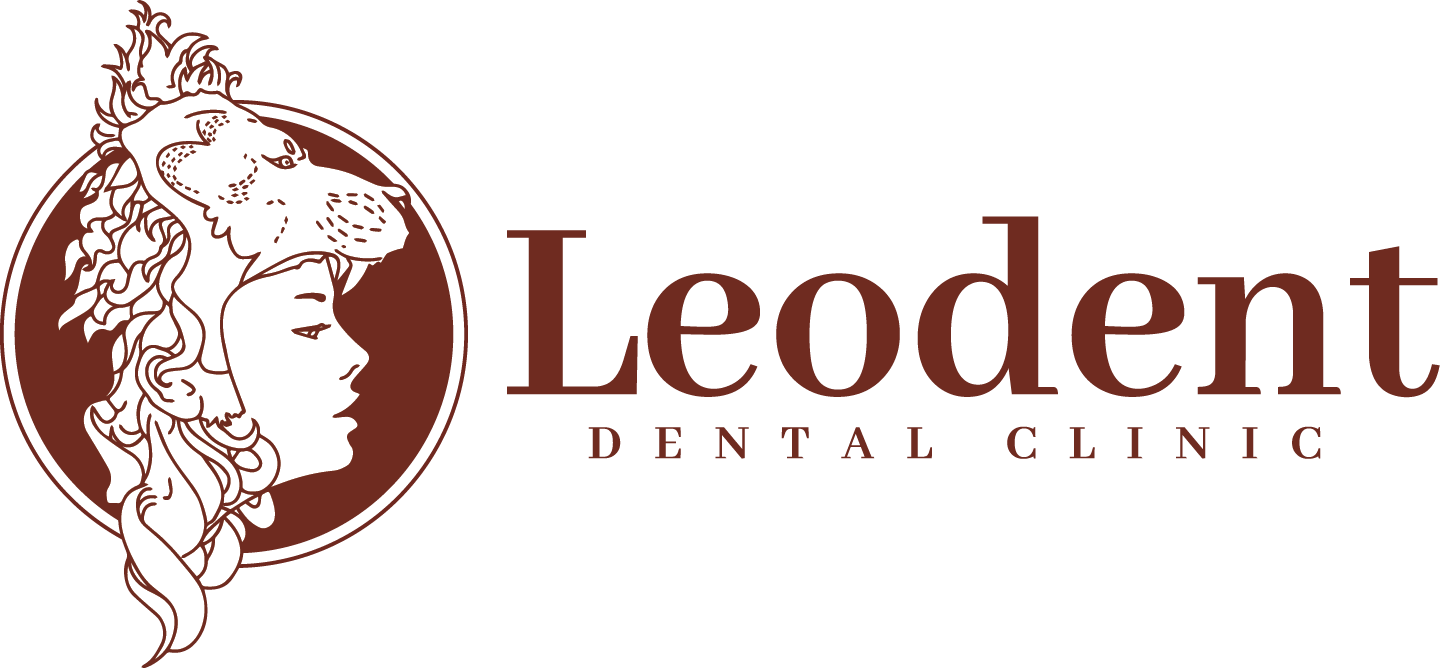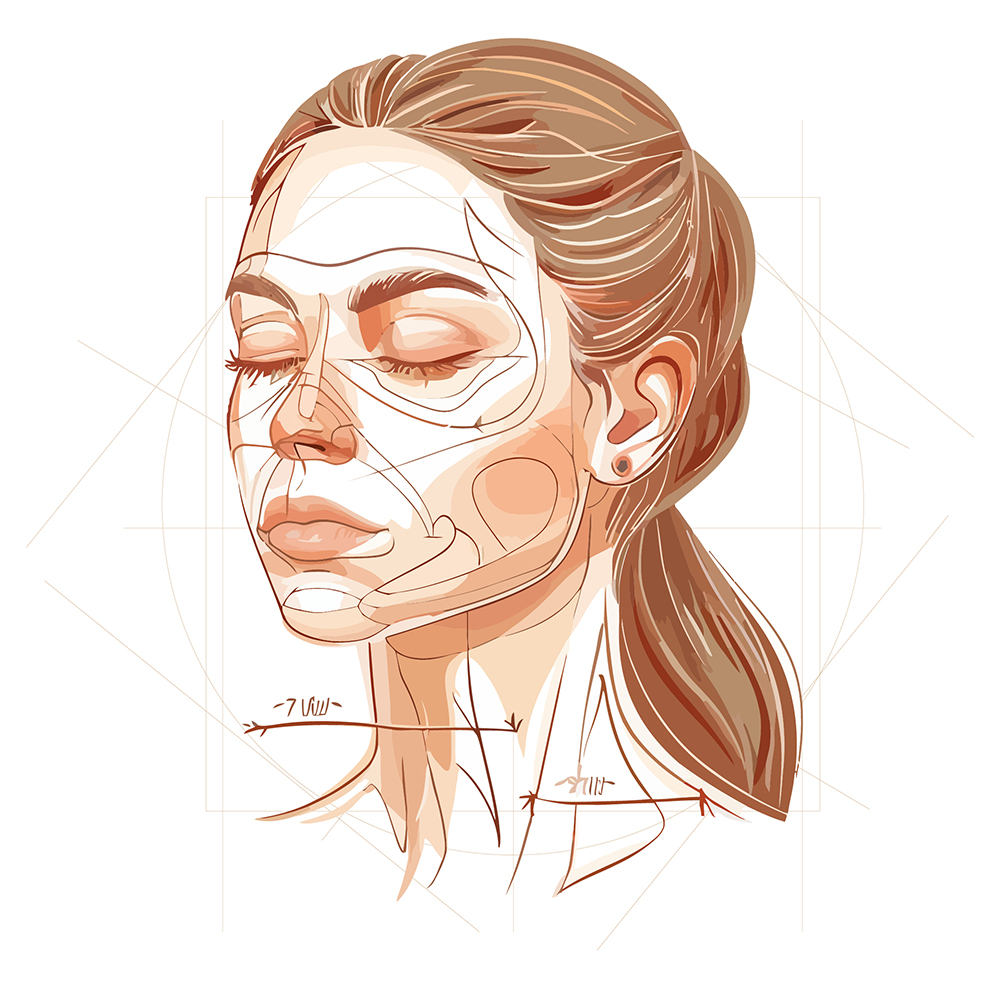Wisdom Teeth
Wisdom teeth generally remain impacted without finding space in the mouth around the age of 18, and these teeth may need to be surgically extracted. This situation can lead to serious problems in the jaw structure if not intervened at the right time. Unhealthy wisdom teeth remaining in the mouth can cause issues such as decay, infection, and crowding in neighboring teeth. We emphasize the importance of timely wisdom tooth extraction to prevent such situations.
Wisdom tooth surgery is an extremely sensitive procedure that must be performed by specialists. Various surgical techniques and materials are used to reposition or remove impacted teeth. Since each patient’s condition is different, this surgical procedure requires a personalized approach. Our expert oral and maxillofacial surgery team performs wisdom tooth surgery with the most suitable methods.
During surgical intervention, various anesthesia methods can be used. Particularly, sedation allows the patient to sleep comfortably throughout the procedure and not remember anything related to it. Sedation is generally preferred for anxious patients or children in younger age groups. During the procedure, which starts with an injection or syrup, the patient feels no pain and complies with all commands. This way, the patient goes through the surgical process smoothly.
We work with an experienced team regarding wisdom tooth extraction. Early intervention prevents possible jaw and dental problems and ensures a healthier oral structure in the long term. We are always at your service to help you with this.
If you also wish to have timely wisdom tooth surgery and have a healthy oral structure, you can contact us. We await you for a healthy smile and a comfortable treatment process.
No, they do not. In some people, wisdom teeth do not form at all, while in others they partially or fully erupt. Genetic factors are effective here.
When there is not enough space in the mouth, teeth can remain impacted or grow crooked. In this case tooth:
-
May put pressure on other teeth
-
May cause inflamation
-
May cause pain and swelling
-
May disrupt tooth alignment
The tooth is not fully erupted in the jawbone or covered with gum. If the tooth has erupted properly and does not cause any problems, it does not need to be removed. However, if it is impacted, infected or threatening other teeth, it is recommended to be extracted.
Since impacted teeth are removed surgically, it is more difficult than simple extractions. However, it is safe when performed by a specialised oral, dental and maxillofacial surgeon.
-
Mild bleeding and swelling is normal for the first 24 hours.
-
Swelling and pain decrease within 3-7 days.
-
Full recovery can take up to few weeks.
-
For the first 24 hours spitting and gargling should be avoided.
-
Hot meals and beverages also should be avoided.
-
Ice compress can be applied for swelling.
-
The medicines prescribed by the doctor should be used regularly.
You should definitely see a dentist. Depending on the condition of the tooth, antibiotic treatment, painkillers or extraction may be recommended.


